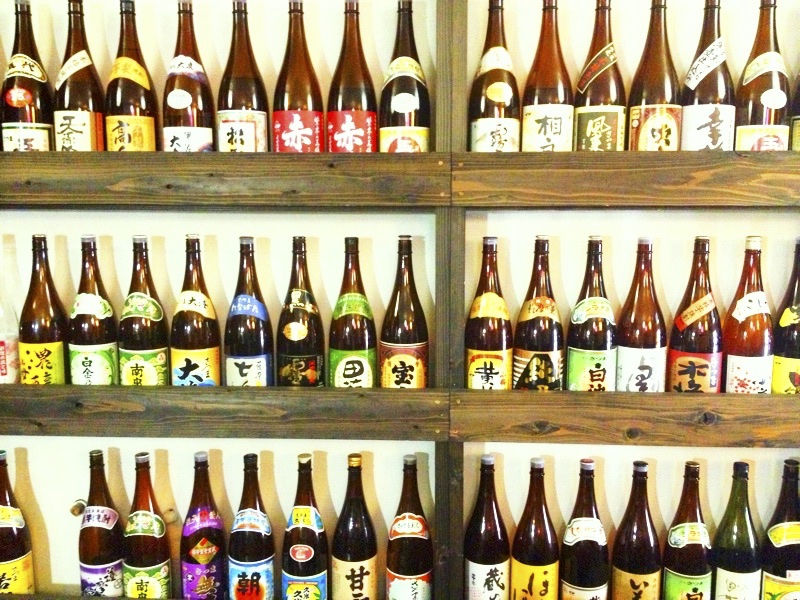When my workday has finally come to an end, I consider trying to give my cousin another call, but it is still early in the morning for her.
Better to try again in an hour.
In the meantime, Azami and I go out for a quick bite, dropping in at Gyoshu Danshiro Shoten, an Okinawan pub just down the street from my apartment.
Without looking at the menu, I rattle off the order as soon as the waiter comes to our table: “Tofuyo, goya chamburu, rafuté, Okinawan soba, grilled Ishigaki beef, and Orion beer.”
Okinawa. Now there is a place I would not mind being, and to hell with what dé Dale thinks of the place.
For years, I’ve been operating sullenly on the soppy emotion “anywhere, but here”, but my melancholic longing for greener pastures does have a destination—several, in fact—and Okinawa is near the top of that list.
A friend of mine checked out of life’s fast lane and moved to the southernmost island of Yonaguni where she is now spending her days hanging out at the beach, and lolling about on the engawa deck of her home, plucking a kind of banjo called the Ryūkyū sanshin and drinking the local fire water, awamori.
Although I may not be ready to live the life of a cloistered monk just yet, Ishigaki, the largest, most populous island in the Yaeyama archipelago located halfway between Okinawa and my friend’s new home of Yonaguni, would suit me just fine. The pace of life is slower there—perfect when you have nowhere in particular to go and nothing special to do. When you are rushing from one commitment to another like I usually am, just doing nothing, absolutely nothing, as dé Dale often reminded me, is a luxury.
A dip in the turquoise sea, snorkeling among coral reefs and tropical fish, a bottle of Donan 120-proof awamori and a bucket of ice to ease you into the evening, and an old man strumming away on the sanshin, singing in the Okinawan dialect, “Nankuru nai sah” (Everything’s gonna be all right) sounds like heaven to me right now.
The waiter brings a chilled mug of Orion draught for me, utchin cha [1] for Azami, and a small plate of tōfuyo.
Even in a land like Japan where delicacies abound, tōfuyo still manages to stand out.Made with the Okinawan variety of tōfu, it is first packed in salt to remove the excess water, and then fermented a second time in awamori, rice malt and red yeast until it takes on a rose-colored cheese-like consistency.
I shave off a bit of the tōfuyo with a toothpick and pop it into my mouth. Just then, Azami’s cell phone rings.
“Moshi-moshi,” she says. “Yes, he’s here with me. Hold on a moment, I’ll give him the phone . . .”
[1] Utchincha (うっちん茶) is jasmine tea from Okinawa.
The first posting/chapter in this series can be found here.
Rokuban: Too Close to the Sun and other works are available in e-book form and paperback at Amazon.
注意:この作品はフィクションです。登場人物、団体等、実在のモノとは一切関係ありません。
All characters appearing in this work are fictitious. Any resemblance to real persons, living or dead, is purely coincidental.


